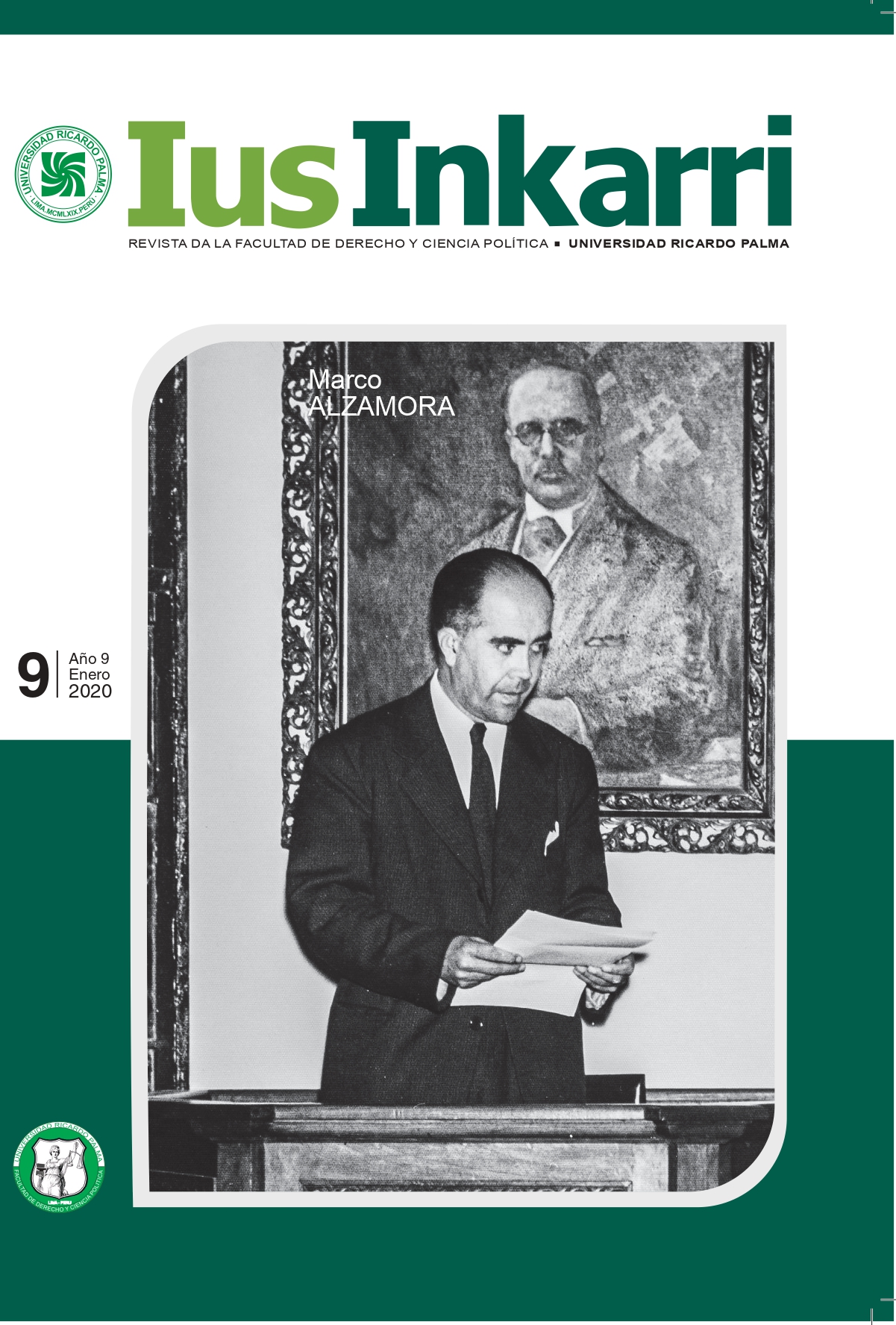The legal analysis of the film The Voice of Equality. A case of an axiological gap in tax law
DOI:
https://doi.org/10.31381/iusinkarri.v9n9.3694Keywords:
film and tax law, film analysis, right to equality, gender discrimination, equal protection under the lawAbstract
The author analyzes the film The Voice of Equality, based on the life of U.S. Supreme Court Justice Ruth Bader Ginsburg. The work focuses on the case of Charles Moritz vs. the Internal Revenue Service, defended by Ginsburg at the beginning of her career. It was disputed whether the income tax assessment made on Mr. Moritz’s expense deduction was allowable. Under U.S. law, unmarried daughters who were employed outside the home were entitled to deduct guardianship expenses. Mr. Moritz was unmarried, cared for his mother, and was employed outside the home, but he was not a daughter, but a son, which is why the tax office denied the deduction. The lawyer’s strategy was to allege gender discrimination against her client, since the law unfairly presumed that it was the daughters who were responsible for the care of the parents. Her objective was to obtain a declaration of unconstitutionality of Article 214 of the U.S. Tax Code, for violation of the principle of equal protection before the law; and then to sue, case by case, for the unconstitutionality of one hundred and seventy-eight U.S. laws that discriminated against women.
Downloads
References
Bentham, J. (2000). Nomografía o el arte de redactar leyes. Boletín Oficial del Estado. Centro de Estudios Políticos y Constitucionales.
Eguiguren, F. (1997). Principio de igualdad y derecho a la no discriminación. Ius et Veritas, (15), 63-72.
Gianformaggio, L. (2011). L’eguaglianza di fronte alla legge: principio logico, morale o giuridico? En L. Pelliccioli y V. Velluzzi (coords.), L’analogia e il diritto Antologia breve. Edizioni ETS.
Guastini, R. (2008). Variaciones sobre temas de Carlos Alchourrón y Eugenio Bulygin. Derrotabilidad, lagunas axiológicas e interpretación. Doxa Revista de Filosofía del Derecho, (31), 143-156.
Kelsen, H. (2011). La garantía jurisdiccional de la Constitución (la justicia constitucional). Anuario Iberoamericano de Justicia Constitucional, (15), 249-300.
Lara, J. (2016). La apelación de puro derecho según el Código Tributario. Aspectos generales de los procedimientos administrativos tributarios. Defensoría del Contribuyente y Usuario Aduanero.
Martin, M. (2002). El lenguaje del cine. Gedisa.
Moreno, J. C. (2014). Los dominios del español. Guía del imperialismo lingüístico panhispánico. Euphonía Ediciones.
Perelman, C. y Olbrechts-Tyteca, L. (1989). Tratado de la argumentación. La nueva retórica. Gredos.
Ruiz de Castilla, F. (2013). Inmunidad, inafectación, exoneración, beneficios e incentivos tributarios. Revista Foro Jurídico, (12), 136-148.
Downloads
Published
How to Cite
Issue
Section
License
Copyright (c) 2020 Jaime Lara Márquez

This work is licensed under a Creative Commons Attribution 4.0 International License.













